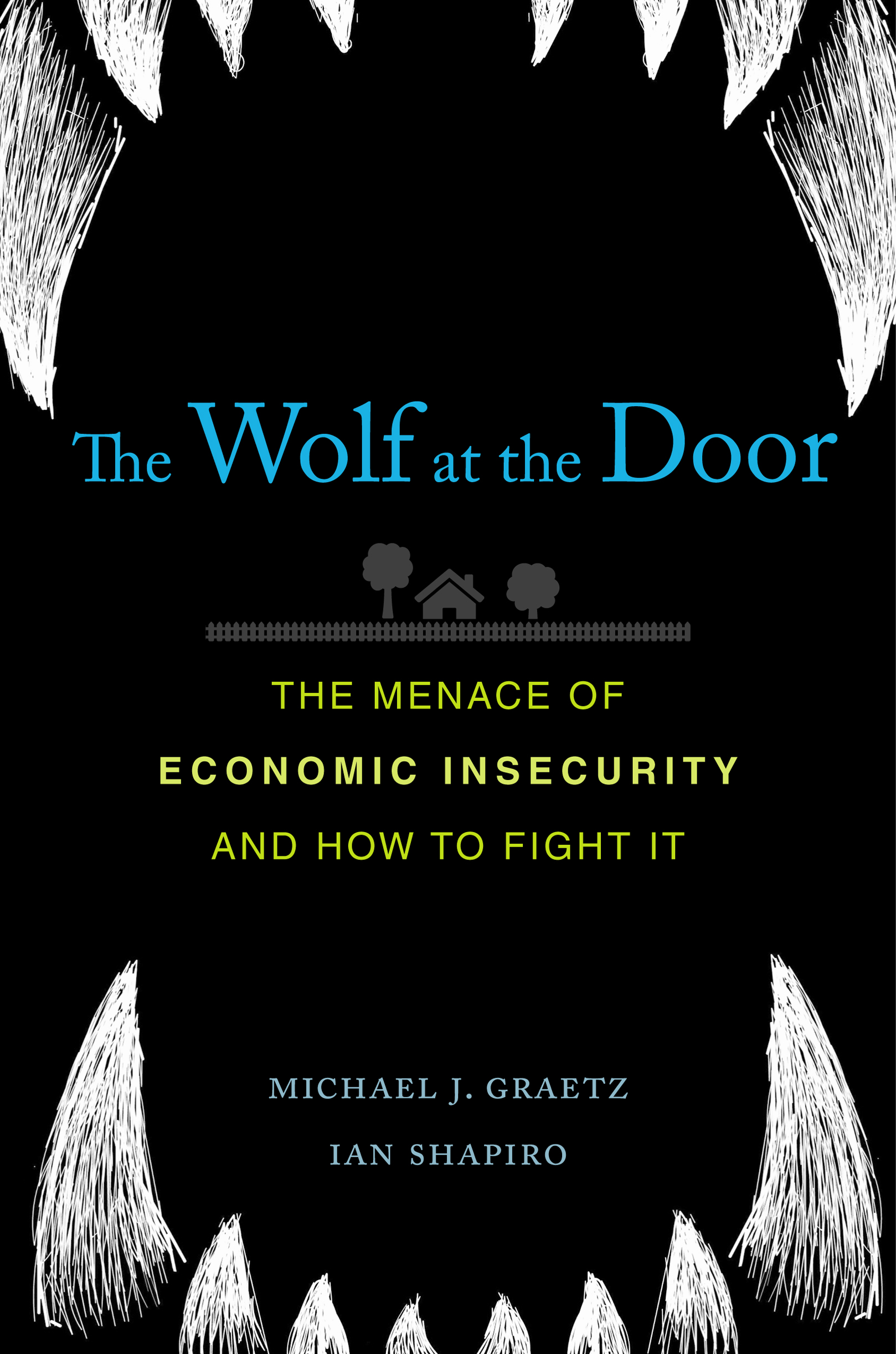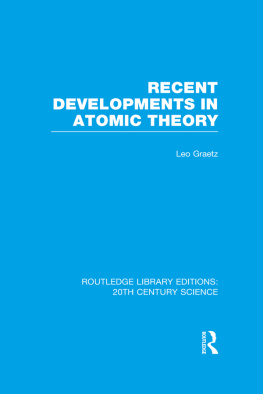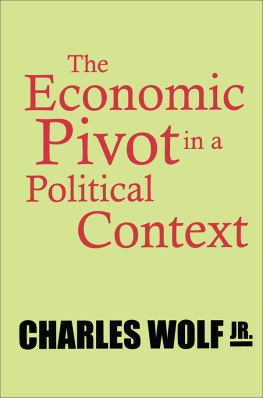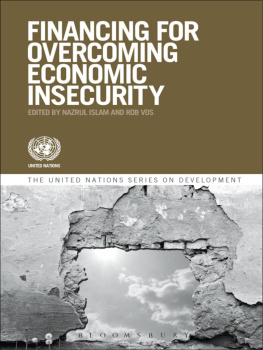Michael J. Graetz - The Wolf at the Door: The Menace of Economic Insecurity and How to Fight It
Here you can read online Michael J. Graetz - The Wolf at the Door: The Menace of Economic Insecurity and How to Fight It full text of the book (entire story) in english for free. Download pdf and epub, get meaning, cover and reviews about this ebook. publisher: Harvard University Press, genre: Politics. Description of the work, (preface) as well as reviews are available. Best literature library LitArk.com created for fans of good reading and offers a wide selection of genres:
Romance novel
Science fiction
Adventure
Detective
Science
History
Home and family
Prose
Art
Politics
Computer
Non-fiction
Religion
Business
Children
Humor
Choose a favorite category and find really read worthwhile books. Enjoy immersion in the world of imagination, feel the emotions of the characters or learn something new for yourself, make an fascinating discovery.

- Book:The Wolf at the Door: The Menace of Economic Insecurity and How to Fight It
- Author:
- Publisher:Harvard University Press
- Genre:
- Rating:5 / 5
- Favourites:Add to favourites
- Your mark:
- 100
- 1
- 2
- 3
- 4
- 5
The Wolf at the Door: The Menace of Economic Insecurity and How to Fight It: summary, description and annotation
We offer to read an annotation, description, summary or preface (depends on what the author of the book "The Wolf at the Door: The Menace of Economic Insecurity and How to Fight It" wrote himself). If you haven't found the necessary information about the book — write in the comments, we will try to find it.
The Wolf at the Door: The Menace of Economic Insecurity and How to Fight It — read online for free the complete book (whole text) full work
Below is the text of the book, divided by pages. System saving the place of the last page read, allows you to conveniently read the book "The Wolf at the Door: The Menace of Economic Insecurity and How to Fight It" online for free, without having to search again every time where you left off. Put a bookmark, and you can go to the page where you finished reading at any time.
Font size:
Interval:
Bookmark:

The Wolf at the Door
THE MENACE OF ECONOMIC INSECURITY AND HOW TOIGHT IT
Michael J. Graetz and Ian Shapiro


Cambridge, Massachusetts
London, England
2020
Copyright 2020 by Michael J. Graetz and Ian Shapiro
All rights reserved
Cover design: Tim Jones
Cover art: Getty Images
978-0-674-98088-4 (cloth)
978-0-674-24699-7 (EPUB)
978-0-674-24701-7 (MOBI)
978-0-674-24702-4 (PDF)
The Library of Congress has cataloged the printed edition as follows:
Names: Graetz, Michael J., author. | Shapiro, Ian, author.
Title: The wolf at the door : the menace of economic insecurity and how to fight it / Michael J. Graetz and Ian Shapiro.
Description: Cambridge, Massachusetts : Harvard University Press, 2020. | Includes bibliographical references and index.
Identifiers: LCCN 2019031718
Subjects: LCSH: Economic securityUnited States. | United StatesEconomic conditions1945 | United StatesEconomic policy.
Classification: LCC HC103 .G73 2020 | DDC 330.973dc23
LC record available at https://lccn.loc.gov/2019031718
For Brett Dignam and Frances McCall Rosenbluth
It is not news that inequality has been growing for decades. Since the mid-1970s, working- and middle-class incomes and wealth have stagnated, while the rich have grown steadily richer. This is true across much of the developed world, but the trend has been especially pronounced in the United States. People disagree about the causes and extent of these changes. They also debate whether the greater equality that prevailed during World War II and its aftermath was normal, with our current circumstances being aberrational, or the other way around. But there is no doubt that todays levels of inequality have not been seen since the Gilded Age.
According to Federal Reserve economists, in 2018 the wealthiest 10 percent of US households owned 70 percent of the countrys wealth and nearly two-thirds of its assets.
If anyone seemed less likely to mount a serious challenge to Hillary Clintons presidential aspirations than a first-term African American senator from Illinois, it was surely Sanders, a seventy-four-year-old independent socialist who had not even joined the Democratic Party. Yet his presidential candidacy caught fire in 2016 by tapping into the discontent that had burst onto the political scene in New Yorks Zuccotti Park in September 2011. For months, Zucotti and town greens and other parks across the country were overtaken by the Occupy movement. It was a grassroots mobilization against an economic and political regime that seemed rigged to benefit a tiny, privileged minority that taxpayers had bailed out of the financial collapse they had caused. By then they were resuming business as usual: the rebounding stock market was replenishing the missing millions in their brokerage and retirement accounts, their depleted home values were recovering, and it had become clear that none of these financiers would face criminal prosecution for the egregious malfeasance that cost tens of millions of vulnerable Americans their homes and jobs and brought the world economy to the brink of catastrophe. We are the 99 percent! had been the Zuccotti protestors furious refrain. For them, the injustice was palpable.
The Sanders campaign wasnt linked to the Occupy movement, which had opposed all institutionalized forms of political action. But his supporters were motivated by the same rage at an America in which the top 1 percent had come to own 38 percent of the wealth and was receiving 95 percent of all new income, while the wages of the bottom 60 percent were stagnant or declining. Sanders belted out these kinds of statistics at rally after rally, winning caucuses and primaries across New England, the Rust Belt, and much of the West. Bellwether electoral states such as Wisconsin, Indiana, and West Virginia broke for Sanders. Hillary Clinton and her strategists, who had not taken Sanders seriously and expected to have the nomination wrapped up early in 2016, found themselves fighting for the Democratic mantle.
Clinton ultimately survived with strong support from the Democratic Party establishment and 55 percent of votes in the nominating contests. But she was wounded and forced to make substantial concessions to the Sanders campaign. Pressed to establish her bona fides with Sanders and his supporters, she embraced proposals for a $15-per-hour federal minimum wage and free college tuition for families making under $85,000 per year. She also promised to remove the US from the Trans-Pacific Partnership, which she had championed as secretary of state in the Obama administration.
The improbable populist who did triumph in November 2016 echoed Sanderss focus on job loss and restoring middle- and working-class incomes. Like Sanders, Donald Trump railed against elitesespecially bankers and other financiersand against the political class that had championed globalization and free trade. Trump also shared Sanderss view that the US should replace existing trade agreements, including the Trans-Pacific Partnership, with protectionist measures that he claimed would not only stanch the hemorrhaging of jobs offshore but even reverse it.
To be sure, there were major differences between Trump and Sanders. Sanders championed Medicare and free college education for all. Trump made no such commitments. Sanders never mimicked Trumps racist appeals to mobilize supporters. Although, like Trump, Sanders had trouble connecting with minority votersand so ran poorly in most Southern Democratic primarieshe did not demonize them. The villains in Sanderss world were domestic elites who used and threatened outsourcing to exploit American workers, not the foreign workers to whom the jobs were outsourced. Trump, by contrast, attacked foreign workers with a vengeance, whether beneficiaries of offshoring by US corporations or immigrants alleged to be taking American jobs at home. Both campaigns were populist, but they differed dramatically in message and tone.
There was another major and widely overlooked difference. Even though both candidates focused on alienated working- and middle-class voters, the inequalities that Sanders never stopped railing against played no role in Trumps campaign. Trump never mentioned the growing wealth gap; nor did he even hint that some people might have too much income or wealth. While Sanders portrayed the small elite hoarding the nations wealth and attendant advantages as the main cause of working- and middle-class anger, Trump bragged constantly about his membership in that elite. He went on at length about his wealthperhaps exaggeratedand boasted of paying few or no taxes.
Yet Trump won almost 63 million votes. Many came from people who had been suffering in relative and even absolute terms for decades. He earned their support without proposing to do anything about unequal incomes or to limit, let alone reduce, massive accumulations of wealth. When Trump insisted that he was really, really rich! he was not even affirming Ronald Reagans aspirational message about an America in which people can become rich. Trumps claims about his wealth were deployed instead to demonstrate his incorruptibility by special interests wielding campaign contributions. Only someone in his position could, he said, drain the swamp. Trump assured his supporters that they would no longer be the suckers that successive Democratic and Republican administrations had made them. He promised to bring back their mining and industrial jobs. But he didnt say that they would get richor that someone else would be taken down.
Font size:
Interval:
Bookmark:
Similar books «The Wolf at the Door: The Menace of Economic Insecurity and How to Fight It»
Look at similar books to The Wolf at the Door: The Menace of Economic Insecurity and How to Fight It. We have selected literature similar in name and meaning in the hope of providing readers with more options to find new, interesting, not yet read works.
Discussion, reviews of the book The Wolf at the Door: The Menace of Economic Insecurity and How to Fight It and just readers' own opinions. Leave your comments, write what you think about the work, its meaning or the main characters. Specify what exactly you liked and what you didn't like, and why you think so.






